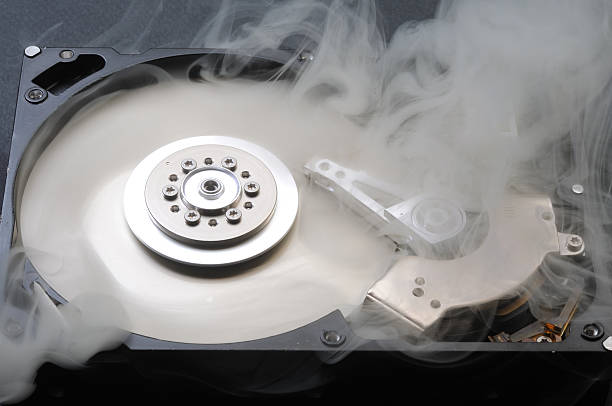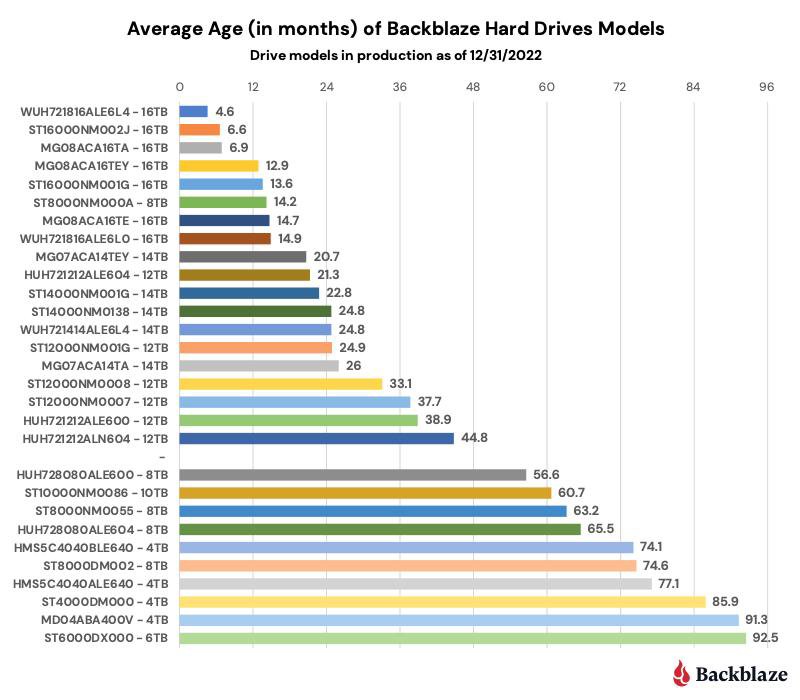Hard Drive Reliability The Promise of Solid-State Has Not Been Fulfilled
Hard Drive Reliability: The Promise of Solid-State Has Not Been Fulfilled

Hard drives have been around for a long time. IBM released the first commercial hard disk drive (HDD) with magnetic spinning media in the 1950s, followed by modern solid state disk drives (SSD) which came out in the 1990s and are almost the minimum standard for any modern personal or commercial computer systems in use today. Over time, the reliability and lifespan of these drives has improved as the typical mean time before failure (MTBF) of an HHD is 500,000 hours – or about 57 years. For SSDs, it’s 5 times that, though terabytes written over time (TBW) or drive writes per day (DWPD) are better measures of SSD lifespan.
However, according to a report by Backblaze, a cloud storage and backup company, the average age at which hard drives fail is 2 years and 6 months. Another report by Network World states that the annualized failure rate (AFR) of hard drives rose from 1.01% in 2021 to 1.37% in 2022. Furthermore, Slashdot reports that Western Digital is being sued over claims of data trashing SanDisk My Passport SSDs.
“the annualized failure rate (AFR) of hard drives rose from 1.01% in 2021 to 1.37% in 2022”
Based on these reports, it is evident that hard drive failure rates are on the rise. The data suggests that hard drives are more likely to fail as they age – no surprise there – but as more and more storage is being produced and consumed, the overall failure rates are creeping up as a result.

What does this mean?
Storing data on a modern hard disk – whether it’s HDD or SSD – is not necessarily safer than it is in the past. Redundant storage systems and consistent backups still remain the gold standard for data protection.
Do you know where your data is?
The key takeaway from these current reports is to know where your data is to verify whether it’s protected or not. From endpoints to datacenters to cloud platforms, it’s much more complicated to keep track of it all; however, the modern cloud platforms like M365 provide storage with standard licensing that can be used to offload and protect data without the additional spend of enterprise storage and backup solutions.
Need automatic migration and removal of PST files to reduce storage costs and data risks?